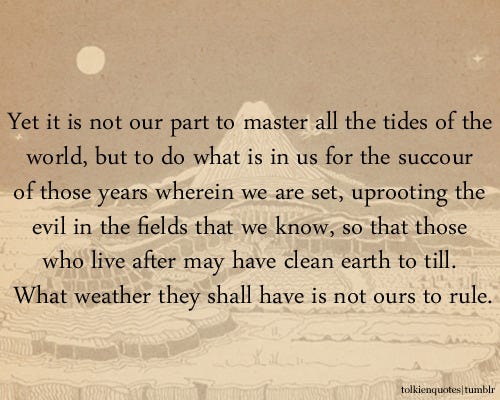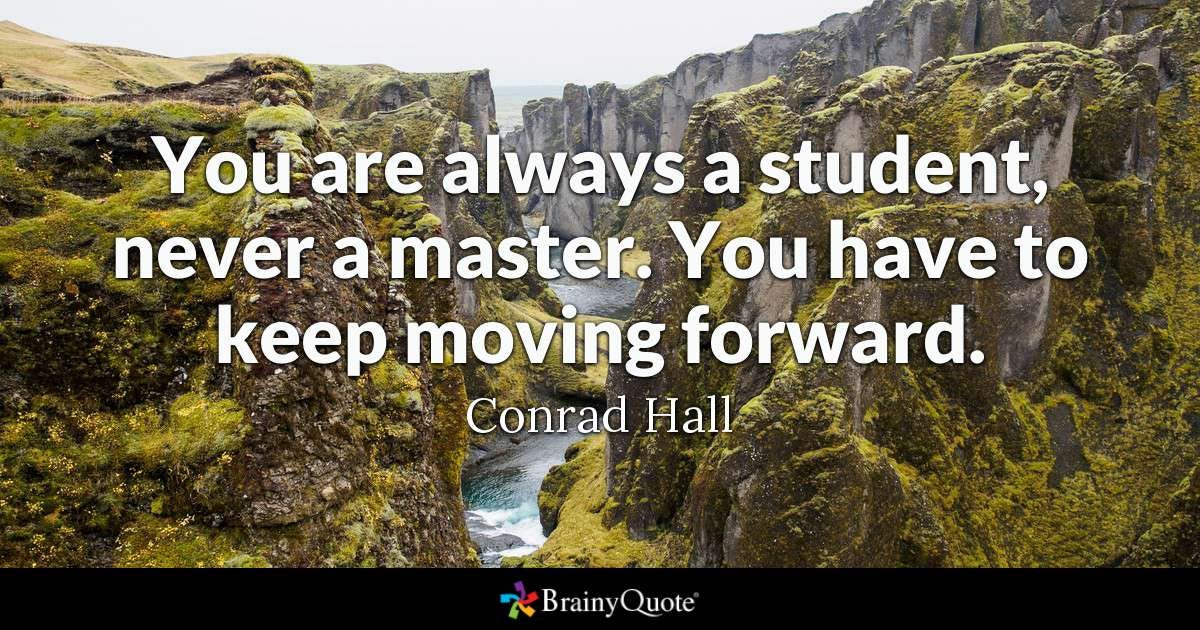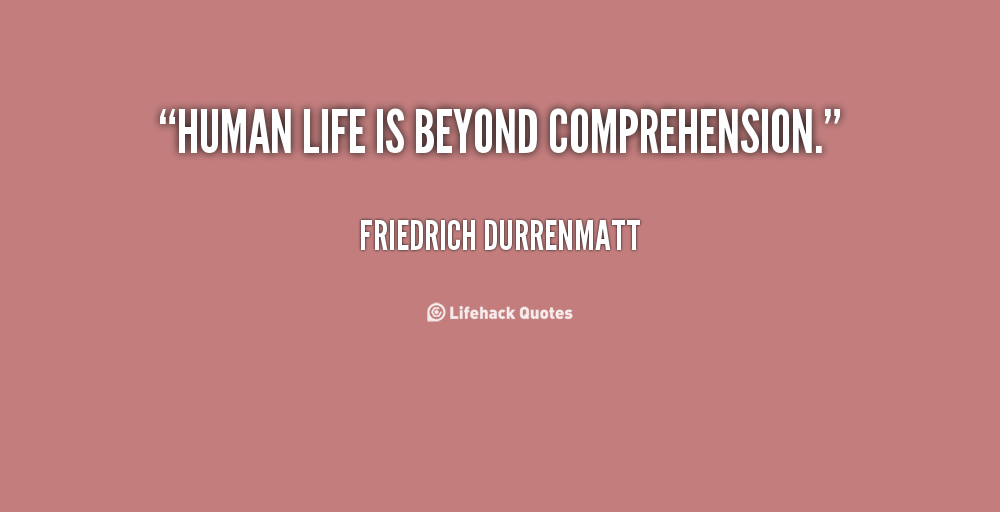
—————-
In the 21st Century, it is impossible to find stories, usually in the form of ‘5 steps to…’ or ‘How I Mastered my Fear,” or something of the nature “Conquer these 4 things and your income will improve.”
While it is admirable that people are sharing their stories for the formula that helped them achieve, whether that be success, love, money or other accomplishments, I implore you to take them in with a fair amount of healthy criticism. I am not not dissuading anyone from trying new things in their lives to improve their quality of life, however, these ‘formulaic’ stories and advice operate under the assumption (or perhaps this is overtly stated) that they have figured out the key to success,
the Mastery of a principle or goal, when the truth is, these are simply stories shared by individuals who may not understand that, in all matters including success and achievement, the Mastery of anything is impossible, not at the level of the human being.
It is important to strive to be better, to do better, to try new techniques for conquering fears, as an example, but to Master something or claim that one has the formula for increasing productivity simply does not align with the fact that it is not possible to truly Master anything, not while we are here upon this earth. Life give us continual challenges and opportunities to learn and grown, and if we have Mastered something, then there is no need to learn or grow; thereby one puts themselves in a mythical spotlight, one where only the highest figures of mankind (and perhaps not even them) have ever claimed to have Mastered anything.
Who has the formula for success then? Well, the truth is, no one.

————————
“It is not our part to master all the tides of the world, but to do what is in us for the succour of those years wherein we are set, uprooting the evil in the fields that we know, so that those who live after may have clean earth to till. What weather they shall have is not ours to rule.” — J.R.R. Tolkien(the Tolkien Library).
Cinematographer Conrad Hall mirrored the sentiments that we are but students of life. And, a part of this realisation comes with a great degree of humility; as we learn to understand ourselves deeper we learn that, although Mastery is not possible (in my opinion), perfecting a craft or vision is, and it is in this instance that all advice on ‘steps to’ or ‘ways to overcome’ should be applied accordingly. Mastering something should be removed as a goal post, excelling yes, crafting yes, betterment yes, but the truth is that no one has the formula for achieving success, everything is subjective and based on our experience as as students of life we must recognise this, as it will also keep us from the major disappointment that many fall into when we feel that someone has mastered something that we cannot.
And we have to know that not only is not attainable, but that every road is different and those success stories, they are simply personal experiences to help us grow.

—————————
Many use the written or oral advice as stepping stones in their personal evolution, as well as in the desire to achieve something. And bringing to light a formula that has worked for them, people should be willing to try them out, why not? The problem comes in expectation, and at least for me, in the plethora of information on how to master the self and the multitude of components of human life. I cannot imagine that the amount of information begins to overwhelm the individual at some point, and begins a process of striving and frustration when not meeting the desired results (which is not always the case), and perhaps even disappointment.
In my belief, not only should the words ‘Mastery of…’ be eradicated, but we should limit the time that we read these self-help articles and intake the information; use them lightly, excitedly as a springing board for a better present or future, always recognising that the aim is not to Master (for one truly cannot), to aim is to experience a new way of being and looking at things that may lead to a desired result.
One example is the constant search for Mastering one’s emotions. While there are countless strategies, I don’t believe that one can in full respect master something that is an innately human. Pablo Picasso, the Spanish painter, sculptor, print maker, ceramicist, stage designer, poet and playwright, was quoted as saying: “ Colors, like features, follow the changes of the emotions” ( Pablo Picasso (1972). “Picasso on art: a selection of views”, Viking Adult).
He understood that emotions change and that they are a part of the human essence. While striving to control our emotions, or take charge (in other words) is attainable, mastering emotions is not about repressing or attaining a constant level of positivism, rather, to understand them and how they influence our lives, to try and steer our lives in a way where our emotions flow with the direction in which we would like it to go.
As Os Guinness said, “ Mastering our emotions has nothing to do with asceticism or repression, for the purpose is not to break the emotions or deny them but to “break in” the emotions, making them teachable because they are tamed” (Os Guinness (1976). “In Two Minds: The Dilemma of Doubt & how to Resolve it”, IVP Books).

————————-
According to the Merriam-Webster Dictionary, ‘Mastery’ means:
Definition of mastery
1a: the authority of a master : DOMINION
b: the upper hand in a contest or competition : SUPERIORITY, ASCENDANCY
2a: possession or display of great skill or technique
b: skill or knowledge that makes one master of a subject : COMMAND
Even though these concepts may seem harmless, I don’t believe that if, for example, one asked Van Gogh or Nikola Tesla if they considered themselves master of their craft, that they would agree. That is because there is a world wide (if unspoken) recognition that sometimes, lost in our quest for mastering and acquisition of superiority or success,
as human beings mastery may not be in our line of command.
Additionally, life circumstances may shape how a situation turns out.
For example, if I took step-by-step action as outlined in a journal article on ‘5 ways to combat daytime fatigue,’ and found that it produced less than desired results, one always has to take into account their life circumstances. What if for example, I was the mother of five and taking care of an elderly parent, versus a bustling twenty year old embarking on their future with gusto and energy, feeling fatigue as a result of their aggressive drive. This is something that one must be aware of when listening or reading advice aimed at mastering or perfecting anything.
If taken with a grain of salt and an understanding of their uniqueness, these ‘pieces of advice’ may be better received and perhaps, the results may be different as well.
Remember, to human is to err, but nothing stops us from the quest for learning to be better at something, or better, in general.

________________________________________________________________________________
This story is also published in The Startup, Medium’s largest entrepreneurship publication followed by +424,678 people.

